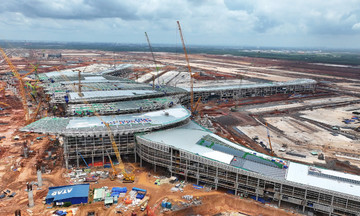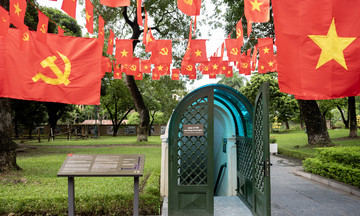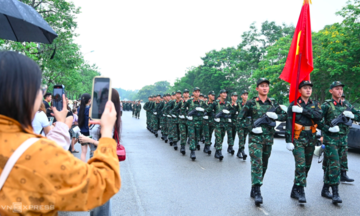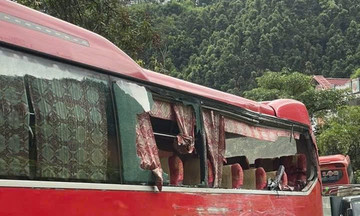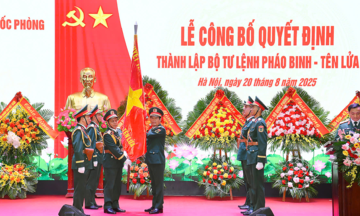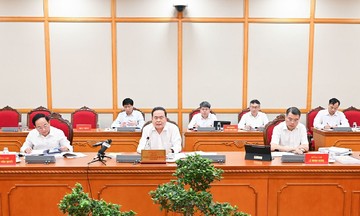This initiative aims to implement Resolution 57 of the Politburo, which emphasizes science, technology, innovation, and digital transformation as strategic breakthroughs for Vietnam's future development. The plan will focus on attracting leading experts and creating a favorable environment for talent to thrive in key areas such as artificial intelligence, semiconductors, and new materials.
In the June regular government meeting, the government also assigned the Ministry of Home Affairs to collaborate with the Ministry of Education and Training to research policies for attracting domestic and international science and technology personnel. The two ministries will soon submit a decree on scholarships for students in fundamental science, key engineering, and strategic technology fields.
Vietnam currently faces a potential shortage of science and technology personnel. According to the Ministry of Education and Training, in 2024, only 9% and 12% of university entrants chose engineering and technology, and computer science and information technology, respectively. Associate Professor Tran Dinh Phong (Hanoi University of Science and Technology) noted that the current research workforce only meets half the average of upper-middle-income countries.
At the 6-month review conference of the Central Steering Committee for Science, Technology and Innovation Development on 2/7, General Secretary To Lam called for urgent completion of policies to attract and value leading experts. Criteria, compensation, and working mechanisms for the "chief architects" of national breakthrough initiatives need to be defined in the National Talent Strategy to 2030, with a vision to 2050.
Minister of Science and Technology Nguyen Manh Hung emphasized that talent is crucial for Vietnam to make breakthroughs in the era of science, technology, and innovation. Human intellect truly shines when facing significant challenges, and these "great tasks" will attract talented individuals.
He believes leaders shouldn't wait for talent to emerge but should actively seek, invite, and create conditions for them to handle difficult and demanding tasks. To achieve this, the government must create an open environment where new models can be tested (sandbox), innovative ideas are accepted with associated risks, and talent can freely demonstrate their abilities.
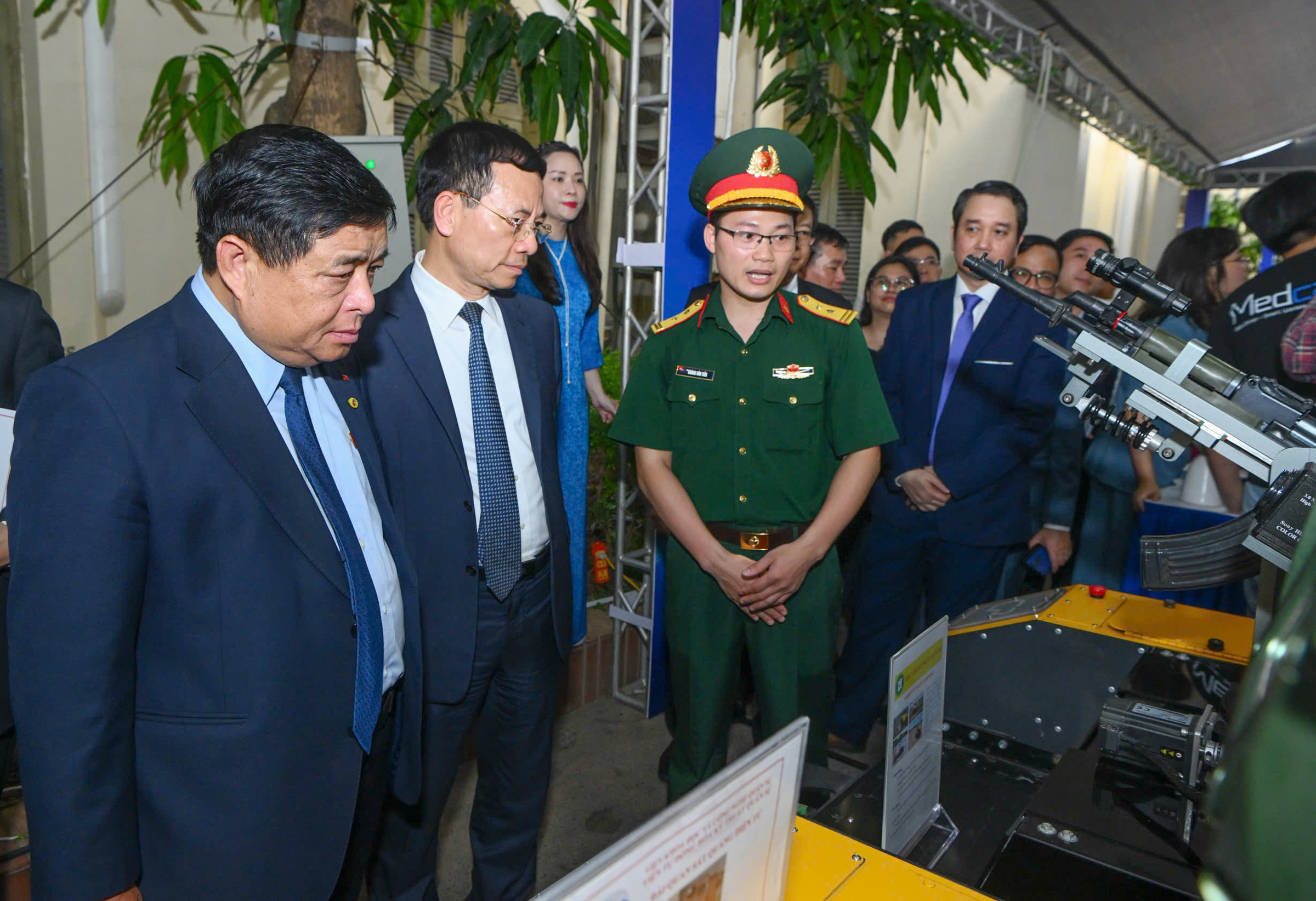 |
Deputy Prime Minister Nguyen Chi Dung and Minister of Science and Technology Nguyen Manh Hung visit Vietnam Science and Technology Day 2025. Photo: Giang Huy |
Deputy Prime Minister Nguyen Chi Dung and Minister of Science and Technology Nguyen Manh Hung visit Vietnam Science and Technology Day 2025. Photo: Giang Huy
Shortage of leading experts and chief engineers
According to a draft National Assembly supervisory report, Vietnam lacks "chief engineers" – those who lead strategy in fields like artificial intelligence, semiconductors, and national defense industries. The cause stems from a mass-education system, a lack of elite training institutions, and many basic science fields failing to attract students due to demanding requirements and limited career advancement opportunities.
Statistics show that 30% of university graduates do not work in their field of study. Outdated facilities, limited expertise among educators, and training programs that are difficult to align with international standards also hinder workforce quality improvement.
Vietnam also lacks large-scale high-tech enterprises to drive the labor market and guide training. International competition is intensifying, while compensation packages are insufficient to retain talent.
The supervisory delegation proposed that the government assign a specialized agency to manage high-quality human resources in both the public and private sectors, while also building a human resources database, selecting priority industries, and forecasting strategic labor needs.
According to Ta Van Ha, Deputy Chairman of the Culture and Social Affairs Committee, talented scientists need not only compensation but also a professional research environment, creative freedom, and fair evaluation mechanisms. "Those who work hard but are not promoted will lose motivation. Emulation and reward systems must also be innovated to retain talent," he said.
Ha also suggested comprehensive innovation in identifying, training, utilizing, and promoting talent, ensuring they are not hindered by rigid regulations or administrative details. "These are the best minds of the country, and they are few in number. The government needs a clear direction to prioritize attracting them, first Vietnamese citizens, then overseas Vietnamese, and finally international experts," he emphasized.
Vu Tuan - Son Ha



